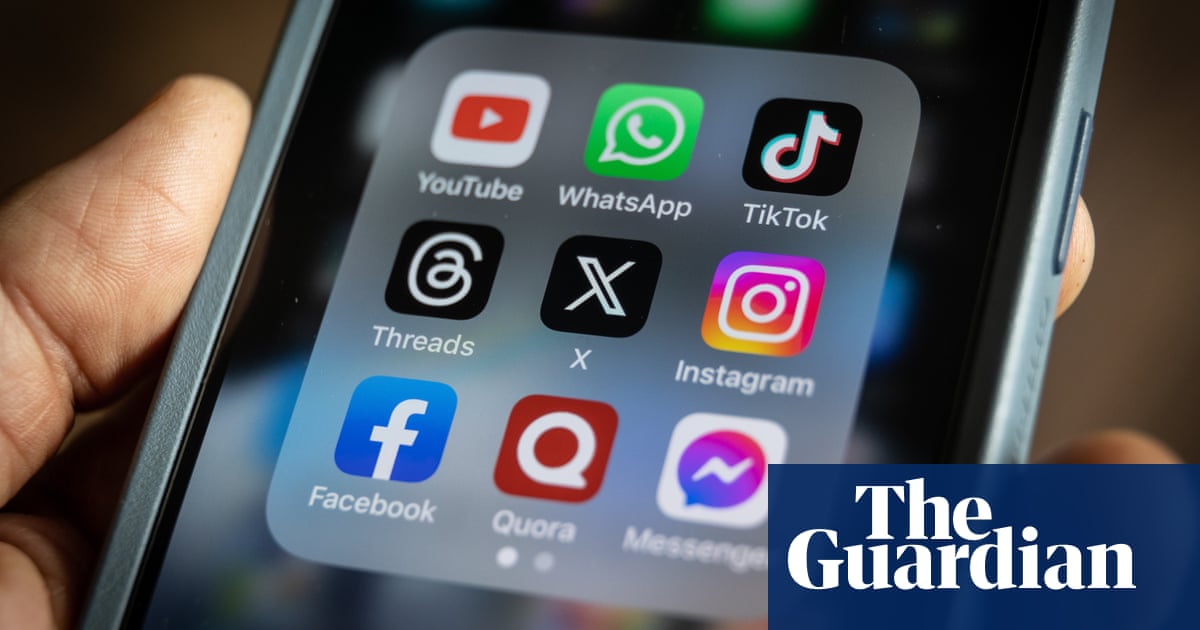Apple has removed WhatsApp and Threads from its Chinese App Store after the Chinese government ordered it to do so for “national security” reasons.
Apple confirmed it had withdrawn the two apps – both owned by Meta, also the owner of Facebook – under instruction from the Cyberspace Administration of China, which regulates and censors China’s highly restricted internet and online content.
“The Cyberspace Administration of China ordered the removal of these apps from the China storefront based on their national security concerns,” Apple said in an emailed statement to Reuters. “We are obligated to follow the laws in the countries where we operate, even when we disagree.”
China’s Great Firewall blocks numerous foreign apps and websites, including WhatsApp, from being accessed or used domestically, but individuals can often bypass the blocks using VPNs. Apple users in China can still download WhatsApp and Threads if they have iCloud accounts set outside China.
China’s ruling Communist party continues to tighten its control over internet usage in the country, with comprehensive censorship of sensitive topics on social media, and monitoring of communication. It has proposed policies designed to reduce the amount of time children spend online.
It was not clear to what the administration’s national security concerns related.
The removal of WhatsApp and Threads comes before a US legislative vote on a bill that would force the Chinese company ByteDance to sell TikTok or face it being banned from the US market.
The push to ban TikTok, or have it shifted from Chinese ownership, has been driven by lawmakers citing national security concerns about China’s influence on the American public, and the retention of US user data.
after newsletter promotion
The Chinese order to remove the apps was first reported by the Wall Street Journal on Friday. The Guardian has contacted Apple for further comment. Meta referred queries to Apple.

